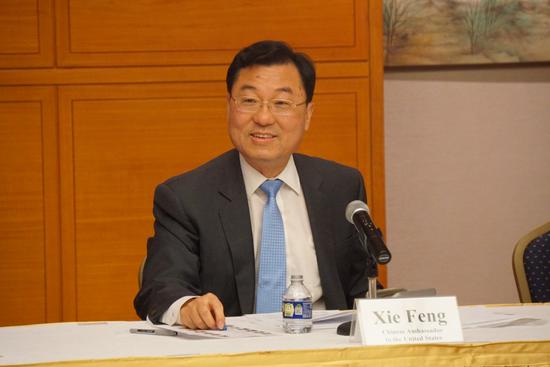
Chinese Ambassador to the US Xie Feng talks with fellows of the Public Intellectual Program of the National Committee on United States-China Relations at the Chinese embassy in Washington on Monday. (Photo provided to China Daily)
The recent rhetoric about a "China threat" and calls by some U.S. officials and lawmakers to intensify curbs on exports and investment run counter to the commitments that U.S. President Joe Biden made in his recent summit with Chinese President Xi Jinping in California, a top Chinese envoy has said.
"We hope the U.S. side will move in the same direction with China (and) earnestly translate President Biden's positive statements and commitments into actions," said Chinese Ambassador to the U.S. Xie Feng, adding that backpedaling must be avoided, still less saying one thing but doing another.
Xie made the remarks in a meeting with a group of 20 young American specialists on China on Monday at the Chinese embassy in Washington.
The young scholars comprise the eighth round of experts participating in the Public Intellectuals Program hosted by the National Committee on United States-China Relations. They come from institutions including the University of California, Irvine, Johns Hopkins University, the University of Utah, and Apple Inc.
Xie noted that in recent days, some U.S. government officials and some Congress members have been "hyping up" the threat and challenge posed by China and have openly called for continuing to curb or suppress China on the economy, trade and technology in addition to adopting discriminatory and protectionist policies targeting China's electric vehicle industry.
On Saturday, at the annual Reagan National Defense Forum in California, U.S. Secretary of Commerce Gina Raimondo called China "the biggest threat" the U.S. has ever had and stressed the need to tighten export controls to prevent China from outpacing the U.S. in emerging technologies.
A day earlier, the Biden administration announced new rules to exclude from eligibility for tax credits electric vehicles that contain battery components from Chinese companies, a move that some experts said will likely make EVs less affordable and is a wrong approach to addressing supply chain issues.
"Such statements and actions are inconsistent with President Biden's commitments and do not reflect the right attitude expected in implementing the common understandings reached between the two presidents," Xie said.
The ambassador said that the U.S. side needs to develop a right perception toward China, see it as a partner rather than a rival, and view China's development as an opportunity rather than threat. He said the U.S. should do things conducive to mutual trust and cooperation instead of the other way around.
In particular, Washington should earnestly respect China's sovereignty, security and development interests; abide by the one-China principle; stop arming Taiwan; and avoid interfering in the Taiwan regional elections in any way, he said.
If one sees economic mutual interdependence with others as risks, restricts their businesses' outbound investment, and seeks decoupling investments on the pretext of "national security" and "de-risking", it would only hamper normal decision-making of enterprises, disrupt the international economic order, and destabilize global industrial and supply chains, he added.
"Such attempts to pursue one's own security based on the insecurity of others and the world will not work and should not be an option," Xie said.
At the presidential summit on Nov 15 at the Filoli estate in Woodside, California, on the San Francisco Peninsula, Biden noted that a stable and growing China is good for the United States and the whole world. He reiterated that the U.S. does not support "Taiwan independence", does not seek a new Cold War, and is not looking to contain or suppress China's development, nor to decouple from China.
"San Francisco is not the finish line, but a new starting point for China-U.S. relations," Xie said. "The pressing priority now is to enhance whole-process management and follow up on the summit."
It is especially important to "faithfully" act on the two presidents' common understanding, embark on a new journey from California onward, and turn the summit vision into reality to better benefit both countries and the world at large, he said.
Xie told the young China experts that the two sides should "keep expanding the positive list and shortening the negative list".
In a speech on July 19, Xie said reducing the negative list means clearing obstacles and managing differences with concrete actions. He also said expanding the positive list is geared toward enhancing dialogue and cooperation in good faith.
At Monday's meeting, the young experts had their questions answered by the Chinese ambassador on issues including China's economy, demographic changes, the younger generation's views on marriage, China-U.S. relations, Taiwan, people-to-people exchanges and the Palestinian-Israeli conflict, according to a release from the embassy.
The American scholars expressed their willingness to contribute to promoting cultural exchanges and mutual understanding between the two countries and to support the healthy, stable and sustainable development of Sino-U.S. relations, according to the release.
On Wednesday, in a phone call with U.S. Secretary of State Antony Blinken, Chinese Foreign Minister Wang Yi also noted that an important task of the two sides is to continue the positive effects of the California summit, deliver on the consensus reached by the two heads of state, and consolidate the momentum of stability in China-U.S. relations.
"The two sides emphasized the importance of building upon the progress made on key issues in the summit between President Biden and President Xi last month in Woodside, California," U.S. Secretary of State spokesperson Matthew Miller said in a statement on the telephone discussion.








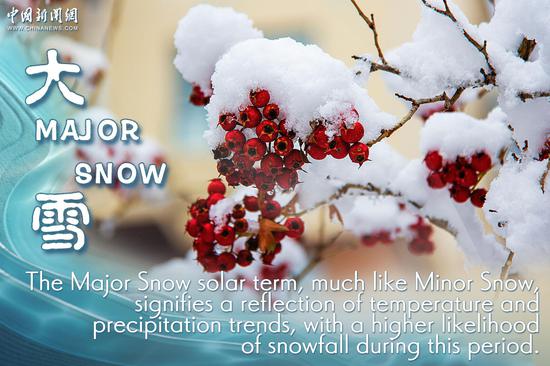
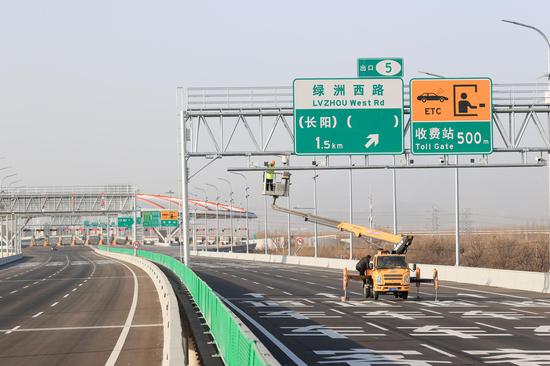




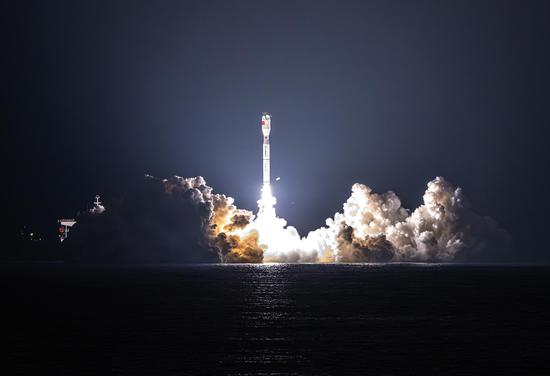

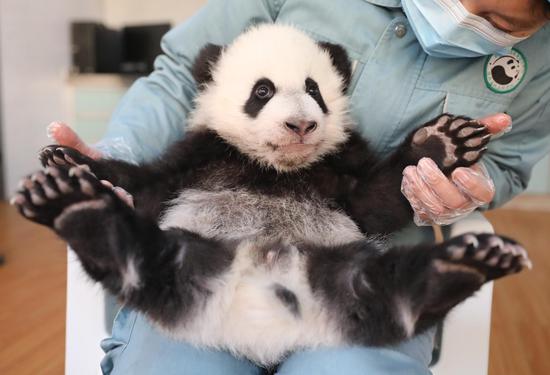
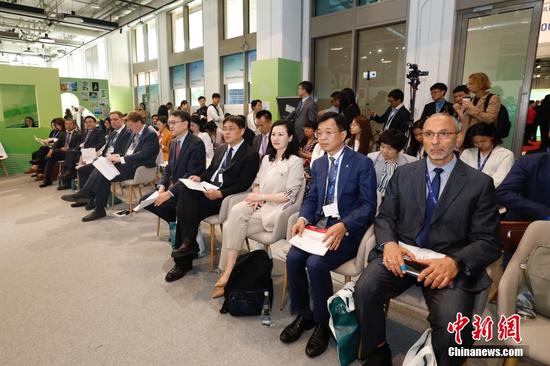
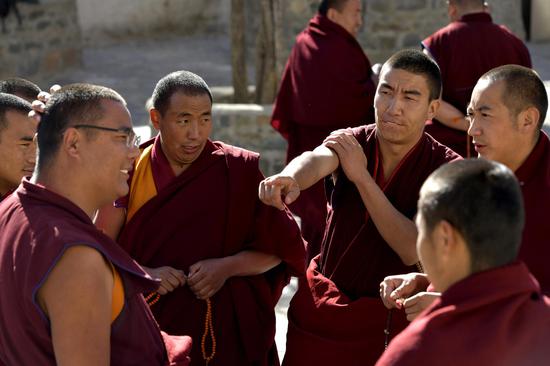


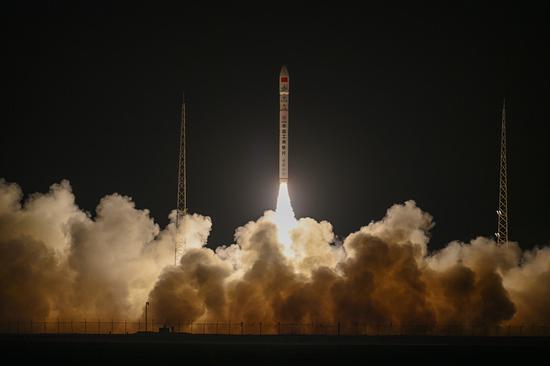
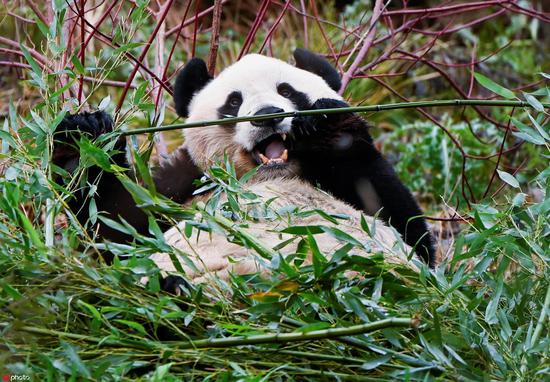
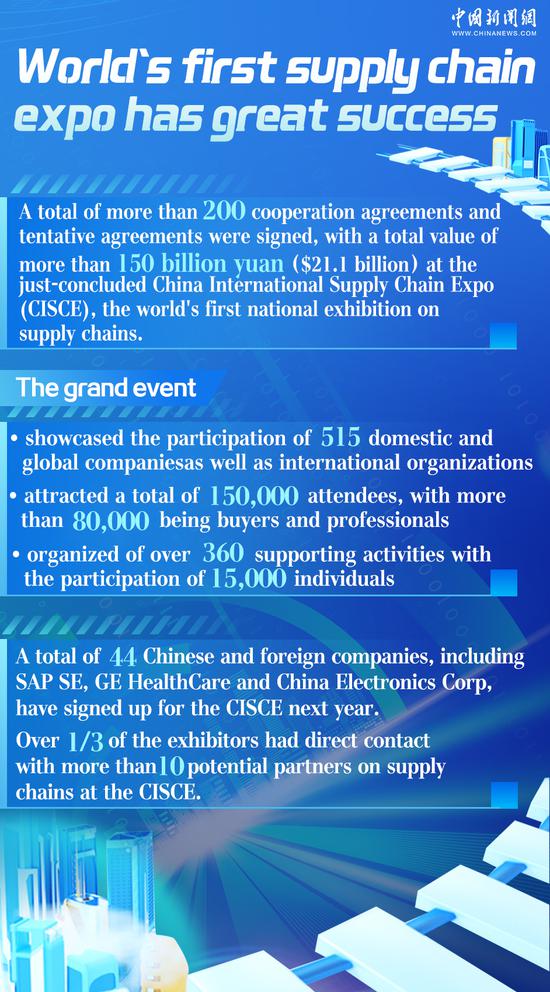


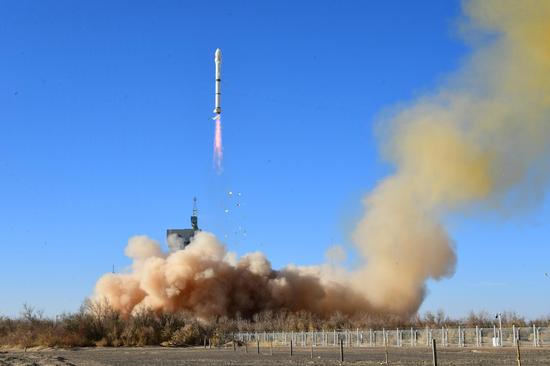
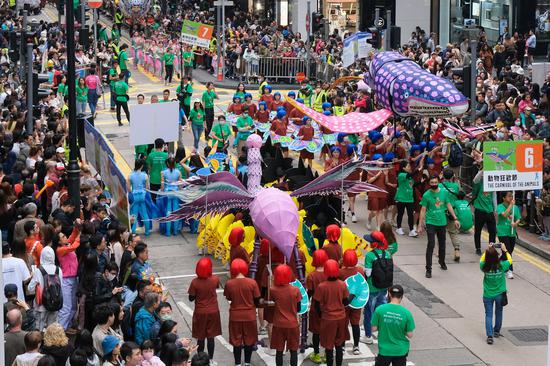
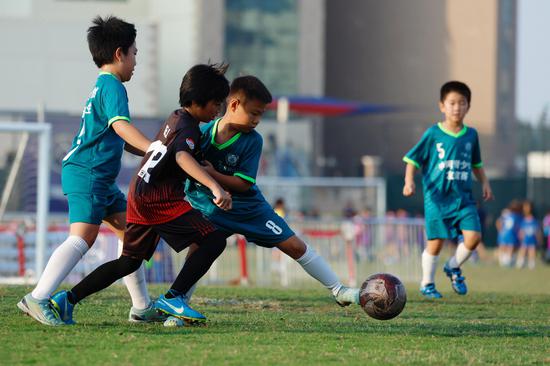
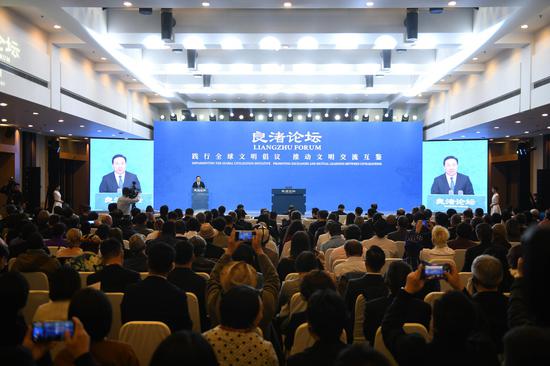
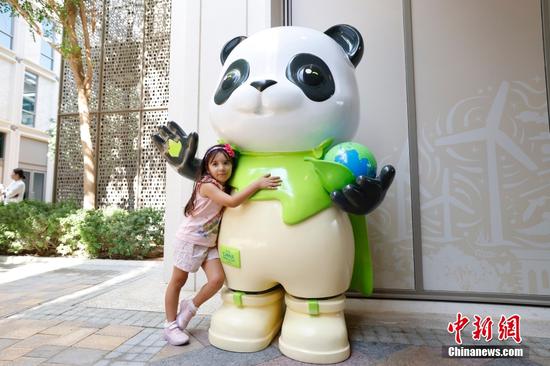


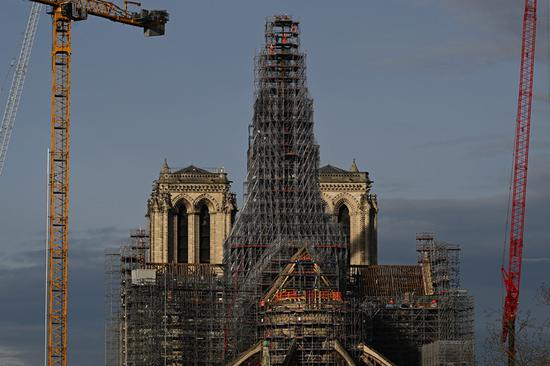
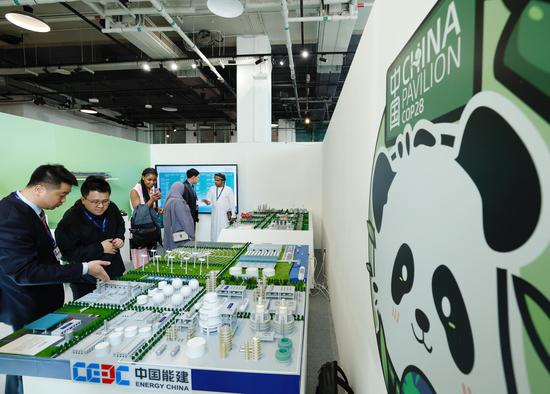
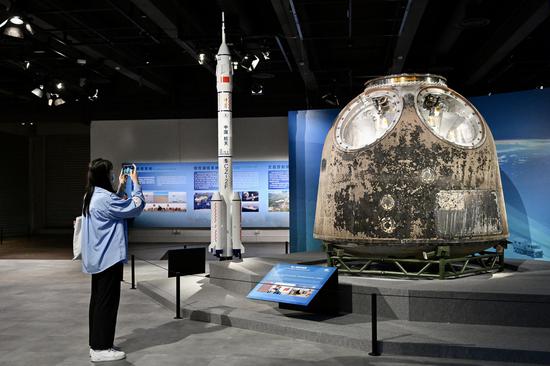
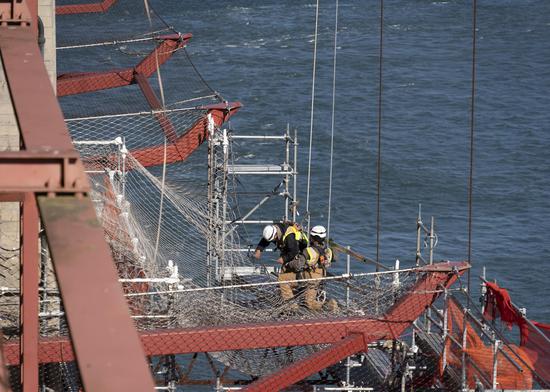
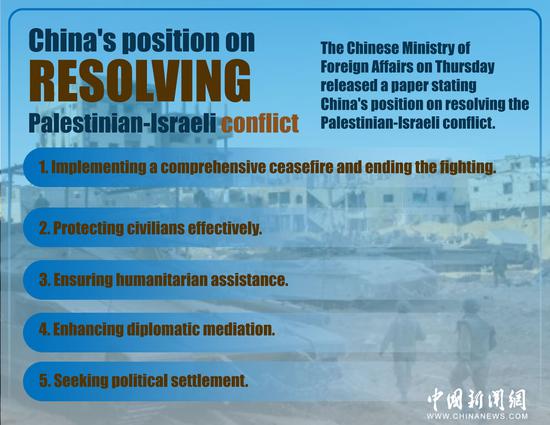


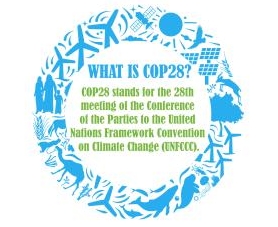


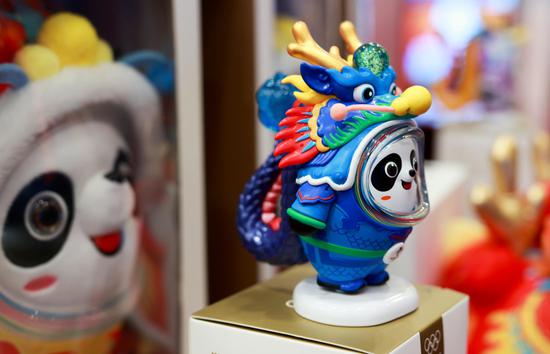
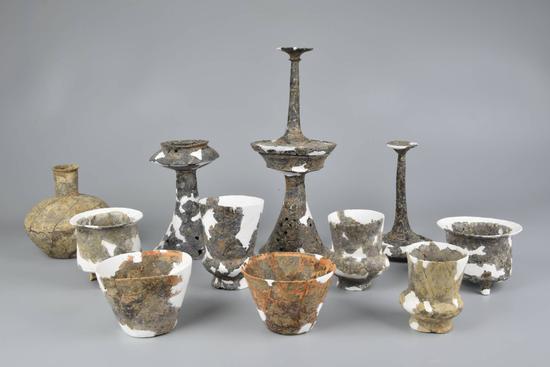

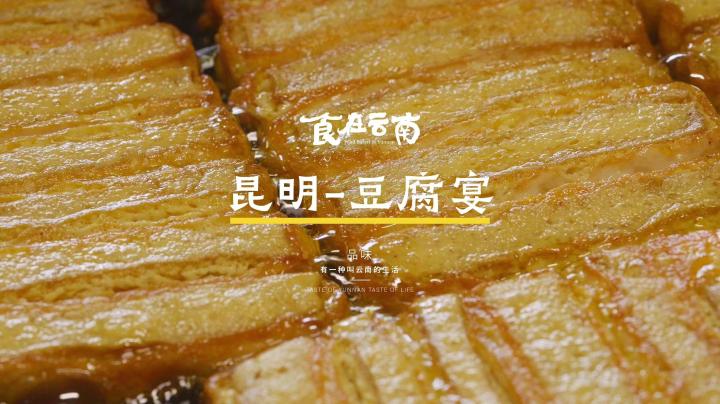



 京公网安备 11010202009201号
京公网安备 11010202009201号